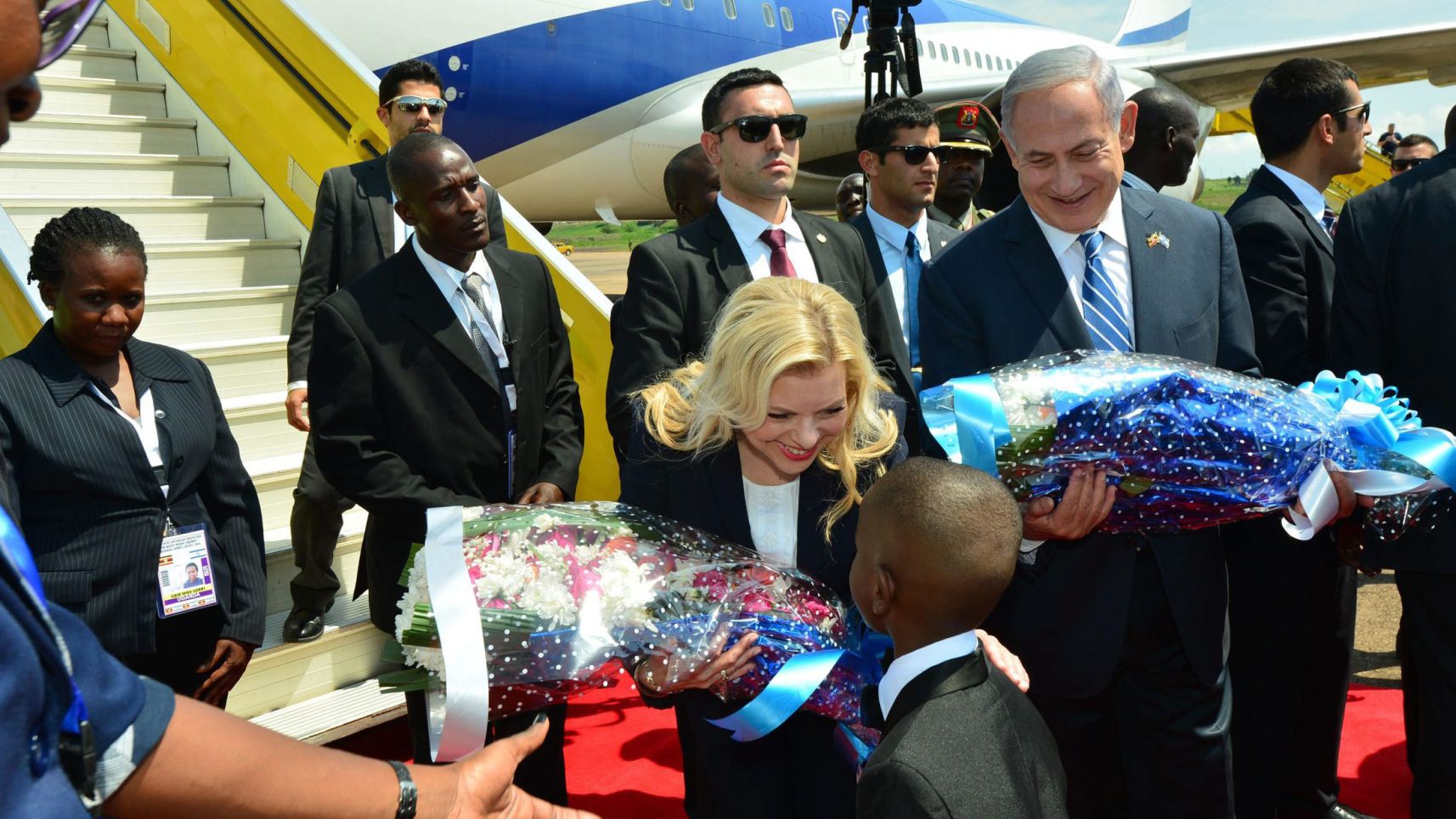News
Patrick Mazimhaka, African Peacemaker
His quiet authority and deep dignity were matched by his intellectual honesty on key issues, from blood diamonds to the status of Somaliland.

The Brenthurst Foundation is deeply saddened by the passing of Patrick Mazimhaka, the first chairman of the Foundation’s Advisory Board, on 25 January 2018.
Born in Rwanda in April 1948, Patrick fled with his family to Uganda in 1962 following ongoing ethnic tensions. There he graduated from Makerere University with a Master’s degree in geology, later heading the University’s Department of Geology. At Makerere he was active in student politics, a founder of the Rwandese Alliance for National Unity (RANU), a predecessor of the Rwanda Patriotic Front (RPF). In the early 1980s he moved to Kenya and, then, Canada where he took a leadership role among the Rwandan community in exile.
Appointed as the RPF's Commissioner for External Relations on the launching of the liberation struggle on 1 October 1990, he was elected the Vice-Chairman of the RPF in 1993. After the genocide, he was appointed variously as the Minister of Youth, Sports and Cooperatives, Minister of Rehabilitation and Social Affairs, and Minister in the Office of the President. He worked hard to achieve peace in Rwanda, its region and across Africa. A special adviser on the Great Lakes, he was involved in the 1998 Lusaka ceasefire agreement and the 2002 Pretoria agreement that assisted in ending the fighting in the neighbouring Democratic Republic of Congo.
In 2003 he was elected as the Deputy Chair of the African Union Commission, a position which he held until 2008. He attended a number of Brenthurst event this capacity, and was kind enough also to host the Foundation at various conferences at the AU. His door was always open to academics and business at a time when this was not a universal habit among all his colleagues.
He served as the Chairman of the Foundation’s Advisory Board from 2005 until 2014. A continuous source of wise counsel, he tirelessly chaired numerous conferences and events and led study missions by African policy-makers to Central and South America, Singapore and Vietnam, Somaliland and Sudan among others.
Patrick Mazimhaka was a most decent man and a great African. His quiet authority and deep dignity were matched by his intellectual honesty on key issues, from blood diamonds to the status of Somaliland. He remained a tremendous patriot, never tolerating a bad word about Rwanda or its leadership.
He will be sorely missed by us all.
Greg Mills


